Our faculty members participate in conferences around the world, conduct groundbreaking research, and publish books and journal papers that contribute to their field and highlight their expertise. We feature those accomplishments and more in this section. To share faculty news, email lmckibbin@csudh.edu.
College of Arts and Humanities
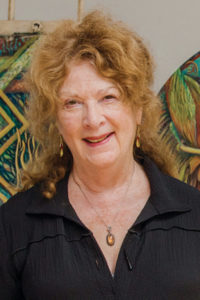
Gilah Yelin Hirsch, professor of art emerita, is exhibiting Radiance: Murmurations and Emanations in the Mike Kelley Gallery at Beyond Baroque in Venice, Calif., until April 28. As part of the exhibition, Hirsch also presented “Aleph to DNA: The Healing Power of Form” on March 23 at the Wanda Coleman Theatre, where she discussed her theory on the origins of alphabets and the healing power of intrinsic fundamental form.
College of Natural and Behavioral Sciences
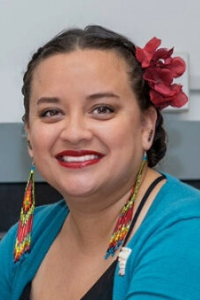
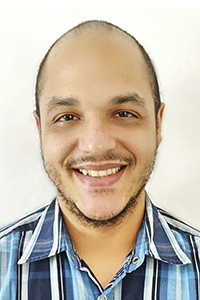
Associate Professor of Physics Ximena Cid and Assistant Professor of Physics Miguel Rodriguez, along with others, co-authored “Racial Equity in Physics Education Research” for Nature Physics, a monthly journal that publishes the highest standard of research. The article outlines the inequities faced by physics students and faculty of color, and posits that an intersectional, equity-oriented approach can improve their experiences in physics education and help remove systemic barriers.

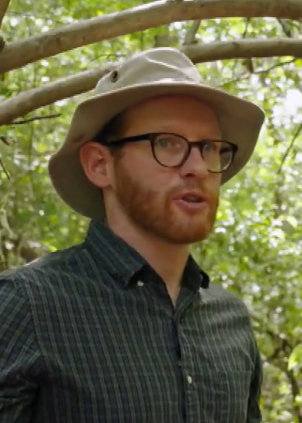
Associate Professor of Anthropology Ken Seligson appeared in “Episode 2: Civilization” of The Rise and Fall of the Maya, a National Geographic documentary television series. Seligson, who conducts field research with CSUDH students in Yucatán, Mexico each year, discussed Ancient Maya stonework and quarries in the interview.
Quotes and/or interviews in the media from faculty
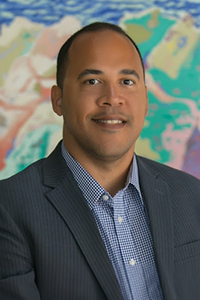
“Ultimately, the ‘best’ city for college basketball fans depends on individual preferences, team allegiances, and the unique characteristics of each city’s basketball culture. Many cities across the country have vibrant college basketball scenes, each with its charm and traditions.” – Professor of Management and Marketing Yann Abdourazakou was interviewed by WalletHub about college basketball and what makes a good fan.
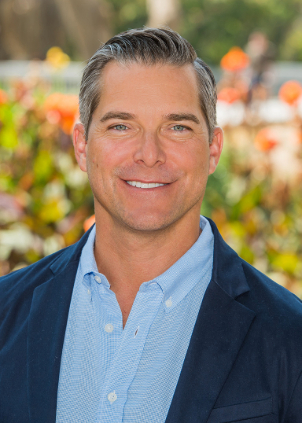
“For someone who does not fly frequently, rather than an airline miles credit card, I would suggest a card that provides more flexibility. Do not put all your points in one basket unless you feel secure that you will be able to redeem them as expected.” – Orie Berezan, assistant professor of management and marketing, was a featured expert for WalletHub’s article about airline credit cards.
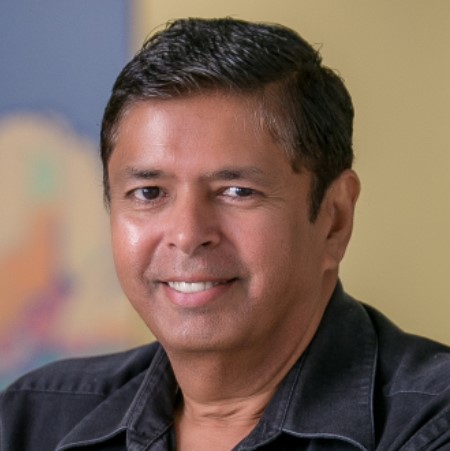
“For people with limited funds, investment strategies should be dependent on their personal risk/return profile. For instance, investment strategies for risk-averse individuals should focus on US treasuries, CDs, blue chip stocks, and U.S. Savings bonds.” – Prakash Dheeriya, professor of finance, offered his expert opinion to CreditDonkey about how to make investments with little money.
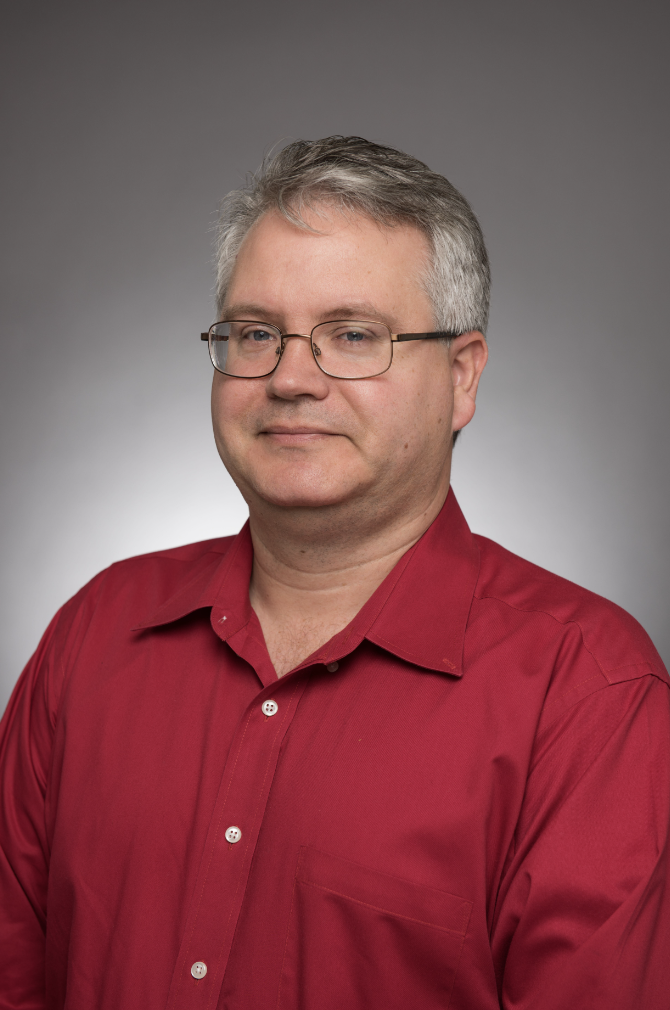
“Conduct a thorough review of your expenses and identify areas where you can trim discretionary spending to offset rising costs. Prioritize essential expenses and explore ways to economize without compromising the quality of life.” – Thomas Norman, professor of management and marketing, offered his expert opinion to WalletHub about how to protect personal finances during inflation.
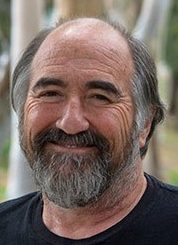
“What’s interesting is that a little bit of dopamine makes you feel good for a while, and then you habituate to it, and now you need more dopamine to feel just as good.” – Larry Rosen, professor emeritus of psychology, was quoted in a Live Science article about whether dating apps can be considered addictive.


